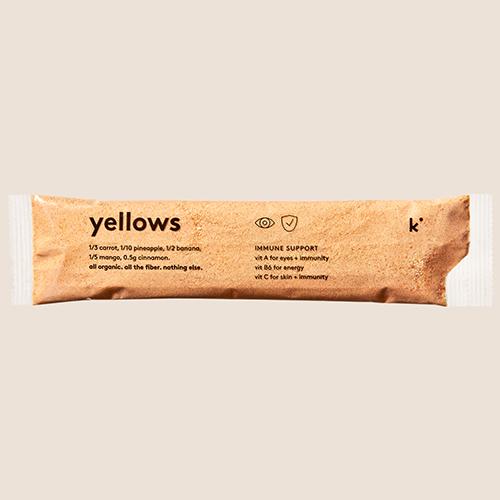Are spicy foods healthy?
Spicy foods have a somewhat confusing reputation – they can make you sweat and trouble your tummy, but their warming tendencies are also evocative of good health. Are there reasons to feel the burn beyond punching up your favorite dish?
Let us start out by saying that if you enjoy dousing your dinner in your favorite hot sauce because you love that extra kick, then that’s good enough reason right there to keep doing so. (Assuming it isn’t leading to any… uh… GI distress, to put it delicately.)
Like so much research into nutritional topics, it’s extremely difficult to isolate for a single variable – after all, there are way more inputs that impact a person’s overall well being than simply what they eat. As a result, most of the studies discussed in this blog post will suggest more of a correlative relationship between spicy food and positive health outcomes than a causal one.
But before we go any further, let’s talk about why we like spice in the first place.
Why do we even enjoy spicy food?
Let’s face it. It’s kind of strange that so many of us enjoy a taste sensation that by all accounts can be mighty painful. We don’t exactly go out of our way to get mild sunburns or stub our toes on furniture, do we?
Why do similarly uncomfortable sensations – when applied to our taste buds – elicit feelings of pleasure?
A widely-cited theory is that it’s the same impulse that drives some people toward more risky, thrill-seeking behaviors: the release of endorphins, the “feel good” hormones your body releases when it feels pain or stress. Think of something with potentially very real danger like base jumping or swimming in a cage surrounded by Great White sharks.
But this same mechanism is triggered when consuming spicy foods (our bodies perceive “hot” flavor similarly to exposure to hot temperatures) or exercising. In that sense, the enjoyment you feel when you bite into a nacho loaded with jalapeño is similar to the “runner’s high” some people experience after going for a jog. These are known as “constrained risk.”
But aside from feelin’ good, are there other perks associated with heat-seeking behavior?
Heart health and spicy food
An extensive meta-analysis of four studies, conducted in the US, China, Italy, and Iran concluded that the “consumption of spicy chili food is associated with reduced risk of all-cause as well as heart disease-related mortality.” The median length of the evaluated studies was just shy of 10 years, and over half a million participants took part in total.
To reiterate, this is reported as an associated effect of spicy food – it’s not necessarily the sole reason for participants’ improved cardiovascular health. But it ought to make you feel even better about the chili pepper, chili sauce, or chili oil you like to zest up your favorite meals with.
If we can really force a spicy pun… this may be an instance of “where there’s smoke, there’s fire.”
Spicy food and benefits to microbiome
Long used in traditional medicine systems as a homeopathic remedy for a variety of ailments, there’s plenty of research that suggests that capsaicin – the active compound found in chili peppers that give them their heat – possess positive effects on the microbiome that exists in our gut.
But it’s important to note that not all the research out there reached such glowing, pro-capsaicin conclusions. From a study conducted on mice, there may be a point of diminishing returns, where the added GI distress from eating more peppers offsets any benefits to microbiota. And some of the research currently available just isn’t of a high-enough quality to glean anything particularly useful from.
At the very least, there’s likely no harm done by enjoying spicy foods derived from peppers. But your results may vary, in terms of its impact on your gut health.
Anti-inflammatory properties of spicy foods
There are two ways to look at this: spicy foods you ingest might change your microbiome, it’s believed for the better, which can help alleviate inflammation in the gut; and topically applied capsaicin might possess anti-inflammatory properties.
Studies have shown that the topical application of a high dose of capsaicin can be effective in pain management for certain conditions. This is fairly well-established, and plenty of commercially available pain relief products include capsaicin as an active ingredient. The best results have been found in dealing with nerve pain, rheumatoid arthritis, and some muscle sprains or aches.
Spicy foods and your immune system
If you’ve made it this far, you’re probably as tired of reading the word “capsaicin” as our copywriter is of spelling it. (It’s tricky!) So good news. The benefits to your immune system provided by adding some peppers to your diet are largely unrelated to capsaicin. Peppers are an excellent source of vitamin C, and vitamin C is vital in supporting a healthy immune system.
there's more good content where that came from
